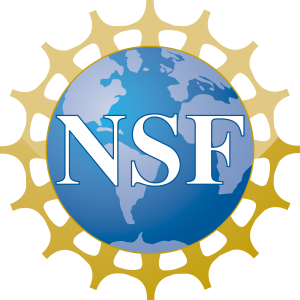 The National Science Foundation’s (NSF) Smart and Autonomous Systems (S&AS) program focuses on Intelligent Physical Systems (IPS) that are cognizant, taskable, reflective, ethical, and knowledge-rich. The full proposal deadline date is December 19, 2016.
The National Science Foundation’s (NSF) Smart and Autonomous Systems (S&AS) program focuses on Intelligent Physical Systems (IPS) that are cognizant, taskable, reflective, ethical, and knowledge-rich. The full proposal deadline date is December 19, 2016.
From the solicitation (NSF 16-608):
The S&AS program welcomes research on IPS that are aware of their capabilities and limitations, leading to long-term autonomy requiring minimal or no human operator intervention. Example IPS include, but are not limited to, robotic platforms and networked systems that combine computing, sensing, communication, and actuation. Cognizant IPS exhibit high-level awareness beyond primitive actions, in support of persistent and long-term autonomy. Taskable IPS can interpret high-level, possibly vague, instructions, translating them into concrete actions that are dependent on the particular context in which the IPS is operating. Reflective IPS can learn from their own experiences and those of other entities, such as other IPS or humans, and from instruction or observation; they may exhibit self-aware and self-optimizing capabilities. Ethical IPS should adhere to a system of societal and legal rules, taking those rules into account when making decisions. Knowledge-rich IPS employ a variety of representation and reasoning mechanisms, such as semantic, probabilistic and commonsense reasoning; are cognitively plausible; reason about uncertainty in decision making; and reason about the intentions of other entities in decision making.
If you have questions about the solicitation, make sure to read the just released Smart and Autonomous Systems FAQ (NSF 17-028).
In May 2015, the Computing Community Consortium (CCC) commissioned members of the research community to generate white papers to help guide strategic thinking in autonomous systems in a number of different domain specific areas, including Aerial Earth Science, Construction, Defense, Disaster Management, Healthcare, Paths Towards Autonomy, Service Robots, and Transportation Systems. Toward a Science of Autonomy for Physical Systems frames both the opportunities and challenges posed by autonomous physical systems in general.
To see all of these white papers, please refer to the CCC-led White Papers page on the CCC website.









